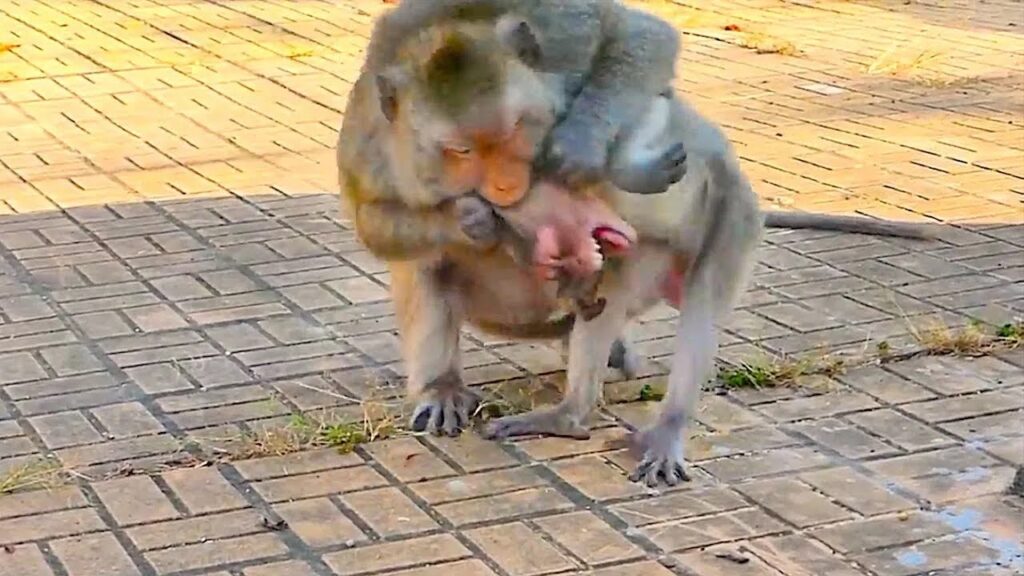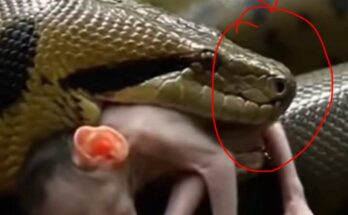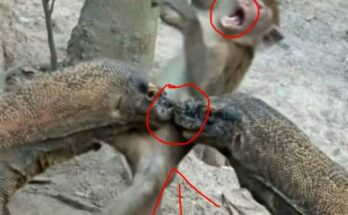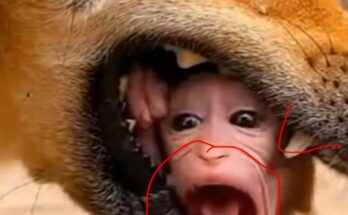
In a quiet village nestled between the green hills and golden meadows, lived a strong, wise woman named Mama Arina. She wasn’t just a mother — she was a force of nature. Everyone in the village respected her. She could cook for twenty with ease, carry two baskets of yams on her shoulders, and give advice that even the village chief took seriously.
But Mama Arina had one problem. A very big problem. His name was Haaland.
Haaland wasn’t a baby. He wasn’t even a teenager anymore. He was a big child — in size, in spirit, and in mischief. While most boys his age had begun to help their families or learn trades, Haaland still acted like a playful monkey who had been given the strength of a buffalo.
At six feet four inches, with shoulders like tree trunks and an appetite like a herd of elephants, Haaland towered over Mama Arina — but to her, he was still her “boy.”
Every morning began the same.
“Haaland! Wake up! The sun is already halfway through the sky!”
“I’m coming, Mama,” came the deep, sleepy voice from his bedroom.
But Haaland wasn’t coming. He was still curled under his enormous blanket like a lazy lion in winter. Mama Arina would march in, pull the blanket off with the strength only a mother could summon, and say, “You think life is a holiday? You think yams peel themselves?”
He would groan, stretch his giant limbs, and slowly, slowly, roll out of bed — knocking over something in the process every single time.
The villagers often laughed and said, “Mama Arina must be raising a giant!”
And truly, it felt that way.
When Haaland washed clothes, water splashed everywhere. When he fetched firewood, he dropped half of it while chasing butterflies. And when Mama sent him to the market, he came back with everything except what she asked for.
One day, she sent him for tomatoes.
He returned with mangoes.
“Mama, the mangoes were calling to me!” he said with a grin.
Mama Arina stared at him, hands on her hips, eyes narrowing. “The next time tomatoes call you, answer them!”
Despite his size, despite his strength, Haaland feared only one thing — Mama Arina’s wooden spoon. Not that she ever really hit him with it (well… maybe once or twice, lightly). It was more the threat of it, the symbol of her authority. It lived in the corner of their kitchen, upright, always watching.
Whenever Haaland’s mischief went too far — like the time he accidentally let their goats into the neighbor’s vegetable garden — Mama Arina would point to the spoon.
“No, Mama! No spoon!” he’d plead, hands up like a child, even though he could probably lift two Mama Arinas with one arm.
Sometimes, Mama wouldn’t even need to say a word. Just a look. You know the look — the one that mothers have mastered over centuries. The one that can freeze a tornado mid-spin. That look could stop Haaland in his tracks, mid-prank, and make him reconsider all his life choices.
But for all her discipline, Mama Arina loved her son fiercely. Every night, no matter how exhausted she was from chasing after his chaos, she’d make sure he was fed, warm, and prayed over.
He, in return, never failed to kiss her on the cheek and say, “Thank you, Mama. You’re the strongest woman I know.”
One day, Mama Arina fell ill. A flu, the doctor said. She had to stay in bed, drink warm teas, and rest. The village waited to see how the house would survive without her.
To everyone’s surprise — even his own — Haaland stepped up.
He woke early, fetched water, swept the compound, cooked rice that was only slightly burnt, and even brought Mama Arina her tea without spilling a drop. The goats stayed in their pen, the laundry was washed, and the kitchen looked almost normal. Almost.
When the neighbors asked, “Who’s running the house?”
Mama Arina whispered from her bed, “The big child.”
The village smiled. And so did she.
Mama Arina recovered after a week, and though she returned to her usual scolding and spoon-wielding ways, something had changed. Haaland was still mischievous — he couldn’t help himself — but now he did the chores without twenty reminders, and the tomatoes actually made it home from the market.
He was still big. He was still messy. But he was trying.
One evening, as they sat outside watching the stars, Mama Arina patted his back and said, “You make me tired, Haaland. But you also make me proud.”
Haaland grinned and stretched his long legs. “Then I am doing both jobs well, Mama.”
She laughed — a rich, full laugh that echoed into the night.
And even the wooden spoon, resting silently in the corner, seemed to smile.


